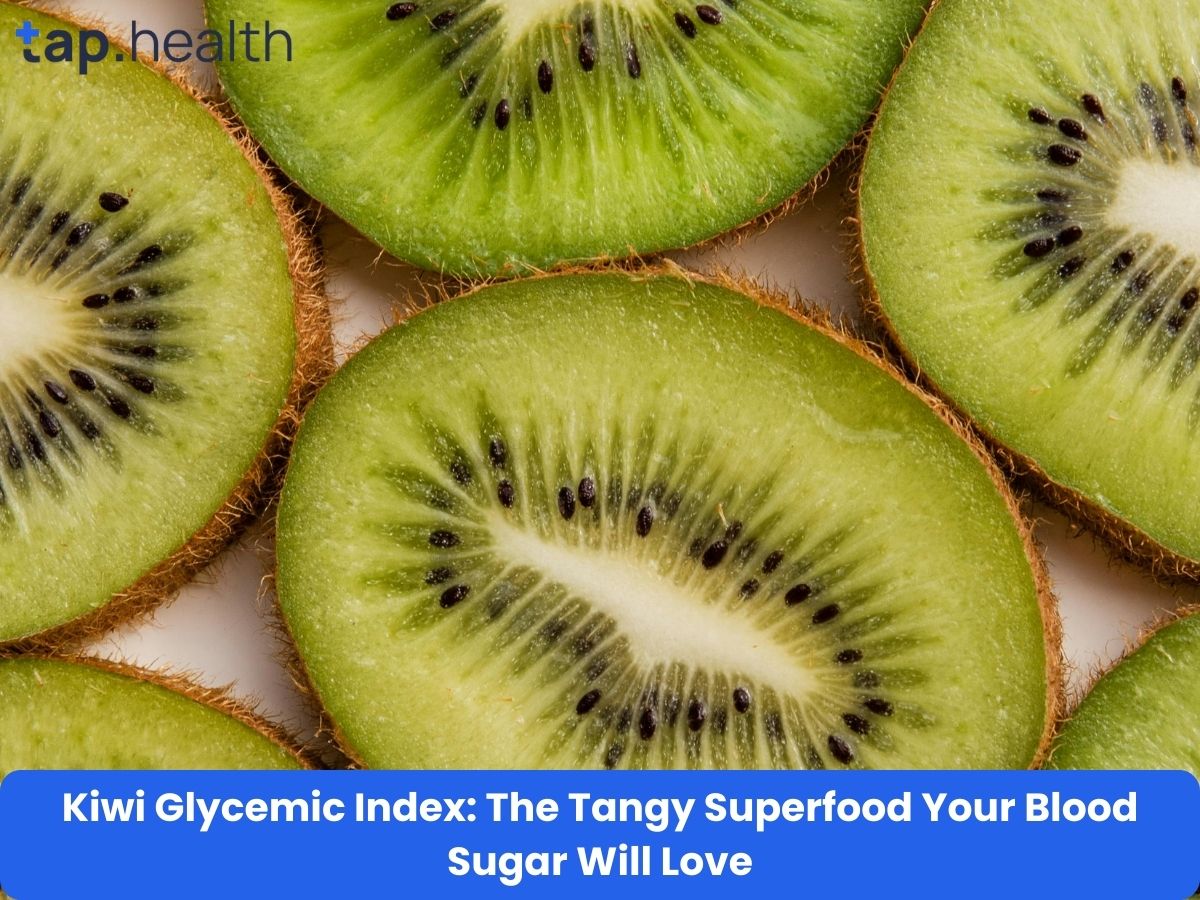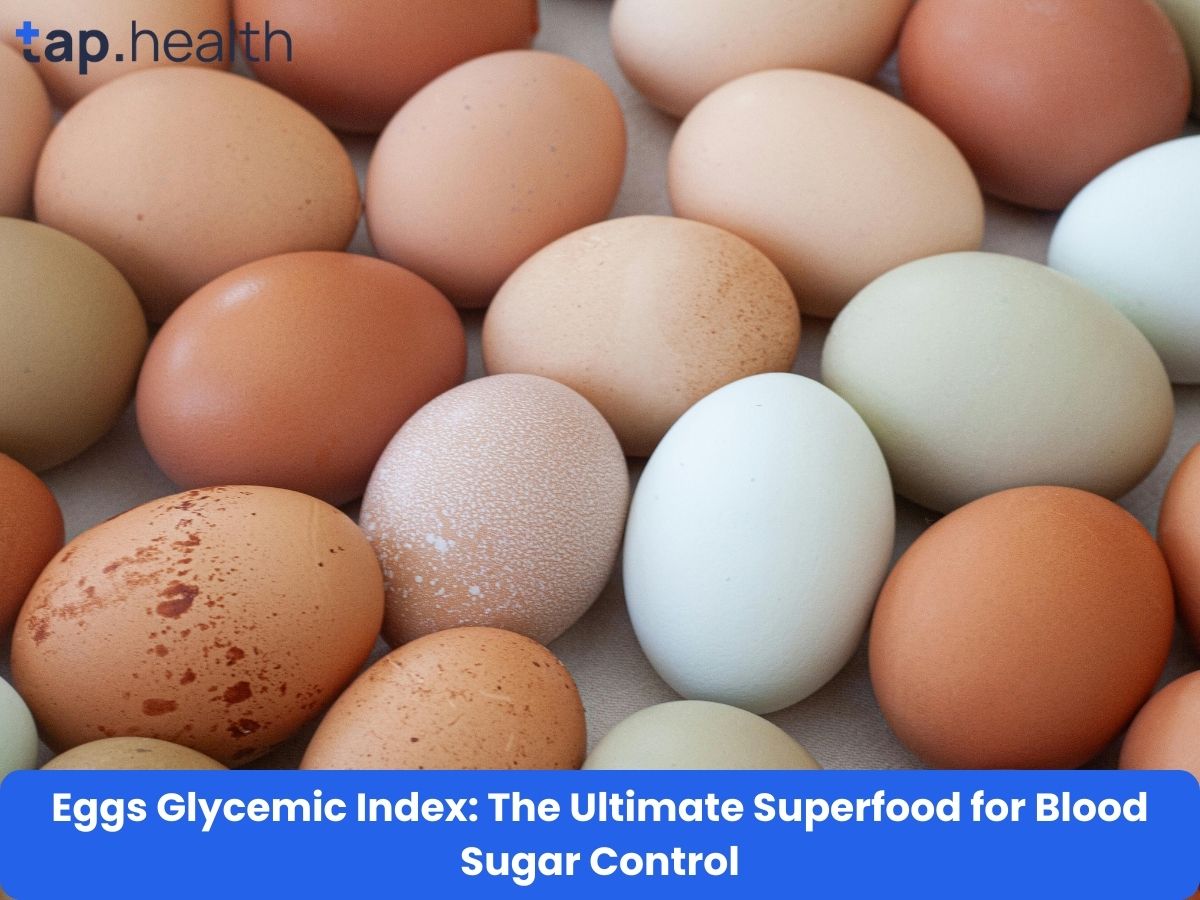What Is Emotional Eating and Why Does It Happen?
Emotional eating is when you eat in response to feelings like stress, sadness, boredom, anxiety, or even happiness instead of true physical hunger. Unlike normal hunger that builds slowly and stops when you’re full, emotional hunger hits suddenly, craves specific comfort foods (usually high in sugar or fat), and often leads to overeating.
Common Emotional Eating Triggers You Should Know
- Chronic stress from work or finances
- Feeling lonely, sad, or depressed
- Boredom and lack of stimulation
- Anxiety and racing thoughts
- Using food to celebrate or reward yourself
How Emotional Eating Affects Your Body and Mind
Psychologically, it creates guilt, shame, and a vicious cycle of stress. Physically, frequent emotional eating can cause unwanted weight gain, blood sugar swings, digestive discomfort, fatigue, and nutrient deficiencies because most comfort foods lack real nutrition.
Real-Life Emotional Eating Examples
A busy professional grabs chips and chocolate after a tough meeting. A parent feeling isolated at home orders pizza and ice cream while scrolling on the phone. In both cases, food temporarily numbs the emotion, but the original feeling plus guilt returns stronger.
Why Do People Turn to Emotional Eating?
Your brain links high-sugar, high-fat foods to quick dopamine and serotonin boosts, making food a fast emotional band-aid. When healthier coping skills are missing, this pattern becomes automatic and habitual.
5 Proven Strategies to Stop Emotional Eating
1. Practice Mindful Eating Daily
Slow down, eat without distractions, and ask yourself: “Am I actually hungry or just feeling something?” Research in the journal Appetite shows mindful eating significantly reduces emotional and binge eating episodes.
2. Build Alternative Coping Tools
Replace food with movement, deep breathing, journaling, calling a friend, or a quick meditation. Studies confirm regular exercise and mindfulness lower stress hormones and emotional eating urges.
3. Eat Balanced, Regular Meals
Protein + fiber + healthy fat at every meal keeps blood sugar stable and cravings low. Skipping meals almost guarantees emotional eating later.
4. Track Triggers with a Simple Journal
Write down what you ate, how you felt before, and what was happening. Patterns become obvious within a week, making it easier to interrupt the cycle.
5. Get Professional Support When Needed
Therapists and registered dietitians who specialize in emotional eating or intuitive eating provide personalized tools and accountability that speed up progress.
Key Facts Backed by Research
- Emotional eating is different from binge eating disorder, though they can overlap.
- It affects men and women equally; stress is the #1 trigger worldwide.
- Mindful eating interventions reduce emotional eating by up to 40–50 % in 8–12 weeks.
- Consistent balanced nutrition and sleep are protective factors against emotional eating.
Frequently Asked Questions About Emotional Eating
Q: How do I know if I’m emotionally eating?
A: You crave specific comfort foods, eat much faster than usual, keep eating after being physically full, and feel guilt afterward.
Q: Can emotional eating cause diabetes?
A: Frequent overeating of high-sugar and refined-carb comfort foods can contribute to insulin resistance and increase type 2 diabetes risk over time.
Q: How long does it take to stop emotional eating?
A: Most people notice improvement in 2–4 weeks with consistent practice; full habit change usually takes 2–6 months.
Q: What foods help reduce emotional eating?
A: Foods rich in magnesium (spinach, almonds, dark chocolate 70 %+) and omega-3s (salmon, walnuts) support mood stability and reduce cravings.
Can Emotional Eating Management Also Help Control Diabetes? – TapHealth Guide
Yes! The same mindful eating, regular balanced meals, and stress-reduction techniques that break emotional eating are cornerstone strategies recommended by the American Diabetes Association for blood sugar control. When you stop the emotional eating cycle, you naturally reduce sugar spikes, improve insulin sensitivity, and lower diabetes risk or better manage existing diabetes. TapHealth’s diabetes programs combine these exact evidence-based tools with continuous glucose monitoring insights to give you double benefits: emotional freedom and stable blood sugar.
Sources:
- Appetite Journal – Mindful Eating and Emotional Eating
- PubMed – Physical Activity and Emotional Eating
- PubMed – Food Journaling and Emotional Eating



